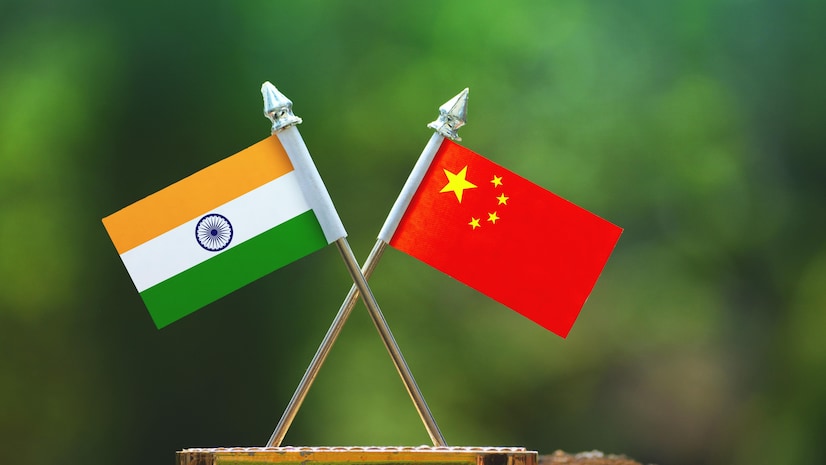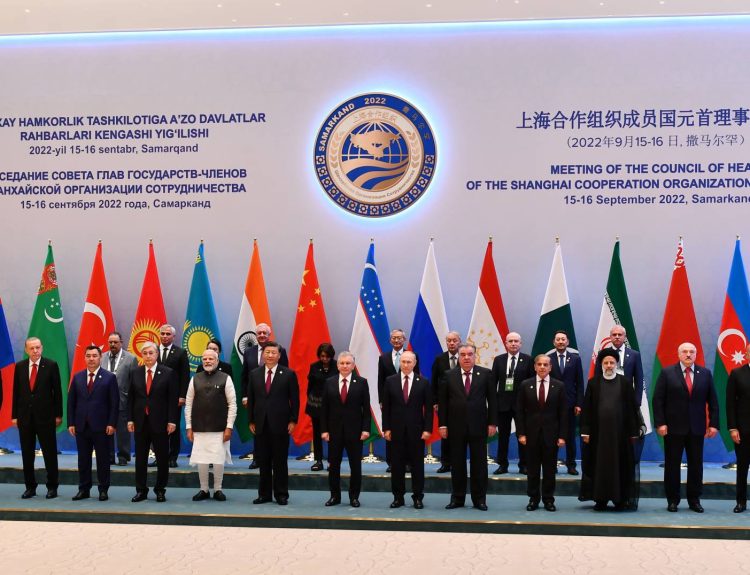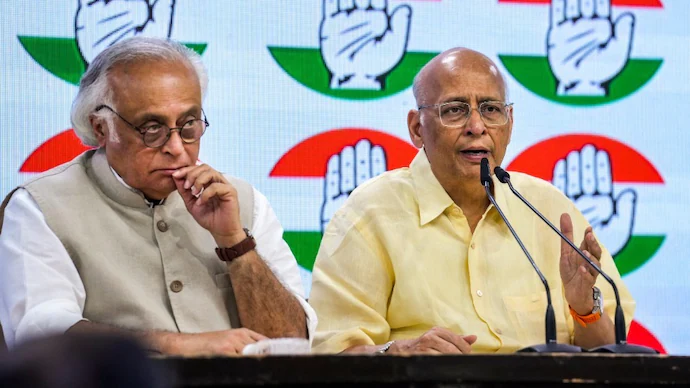India and China are working together to ease tensions along their shared border, according to China’s Foreign Ministry. On Friday, ministry spokesperson Lin Jian said troops from both countries are following agreements made to address border issues, and progress is going smoothly.
When asked if troops are withdrawing from friction points, Lin Jian replied, “In line with recent resolutions on border matters, Chinese and Indian frontier troops are engaged in relevant work, which is proceeding smoothly.”
Indian defense officials earlier noted that disengagement has started at two friction points—Demchok and Depsang Plains—in Eastern Ladakh. As part of the agreements, Indian troops are moving equipment back to rear locations.
On October 21, India announced it had reached an agreement with China on patrolling along the Line of Actual Control (LAC) in Eastern Ladakh, ending a military standoff that lasted over four years.
Defense Minister Rajnath Singh, speaking in New Delhi on October 24, said both countries agreed to restore the “ground situation” based on principles of equal and mutual security. This includes resuming traditional patrolling and grazing activities. Singh attributed the progress to continuous dialogue, emphasizing that solutions emerge over time through engagement.
On Wednesday, Prime Minister Narendra Modi met with Chinese President Xi Jinping during the BRICS Summit in Russia. They welcomed the agreement on patrolling arrangements along the LAC in Eastern Ladakh. This meeting followed the announcement by the Ministry of External Affairs about the agreement.
The border standoff began in 2020 due to Chinese military actions in Eastern Ladakh, leading to prolonged tensions between the two nations. Foreign Secretary Vikram Misri, speaking at the BRICS summit in Kazan, said both leaders “welcomed the agreement reached through sustained dialogue over the last several weeks via diplomatic and military channels.”
Prime Minister Modi stressed the importance of not letting boundary differences disrupt peace and tranquility. Both leaders noted that their special representatives on the boundary question have a crucial role in resolving issues and maintaining peace in border areas.
Misri added that the leaders reviewed bilateral relations from a strategic and long-term perspective. Restoring peace in the border areas will create space for normalizing relations. Officials will now take steps to enhance strategic communication and stabilize ties through official dialogue mechanisms, including discussions between their respective foreign ministers.






